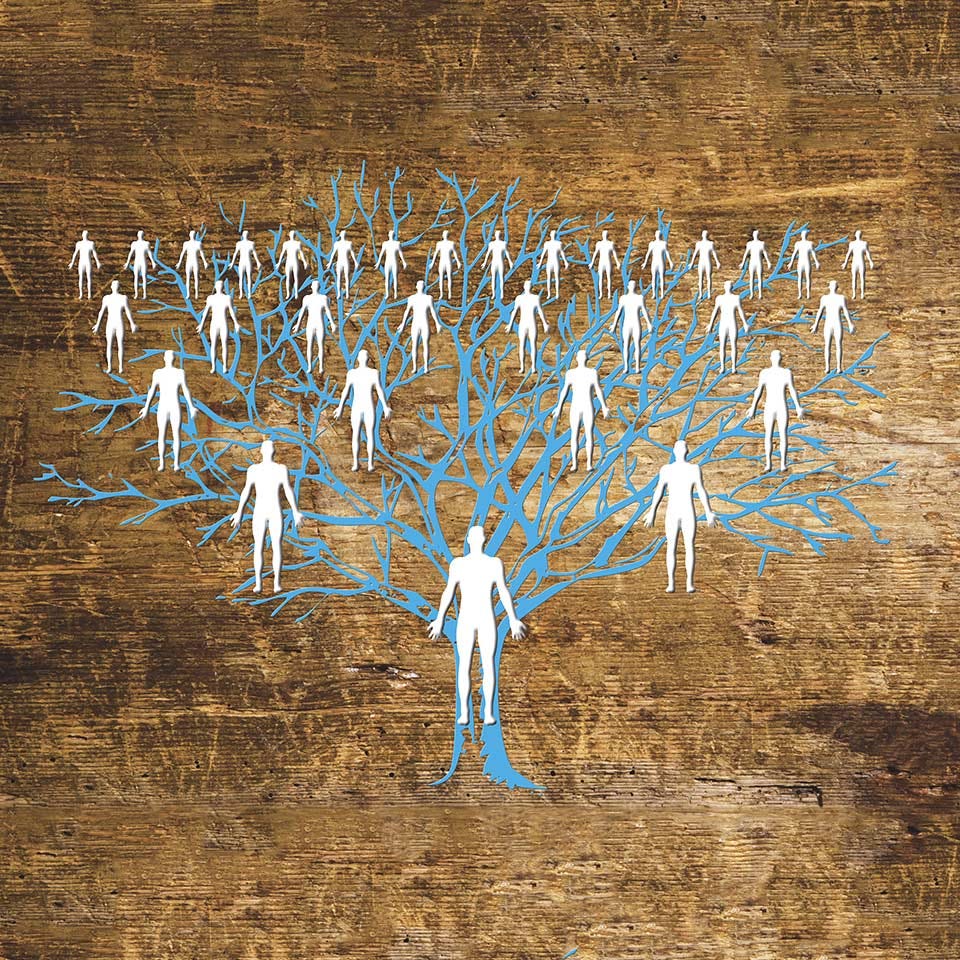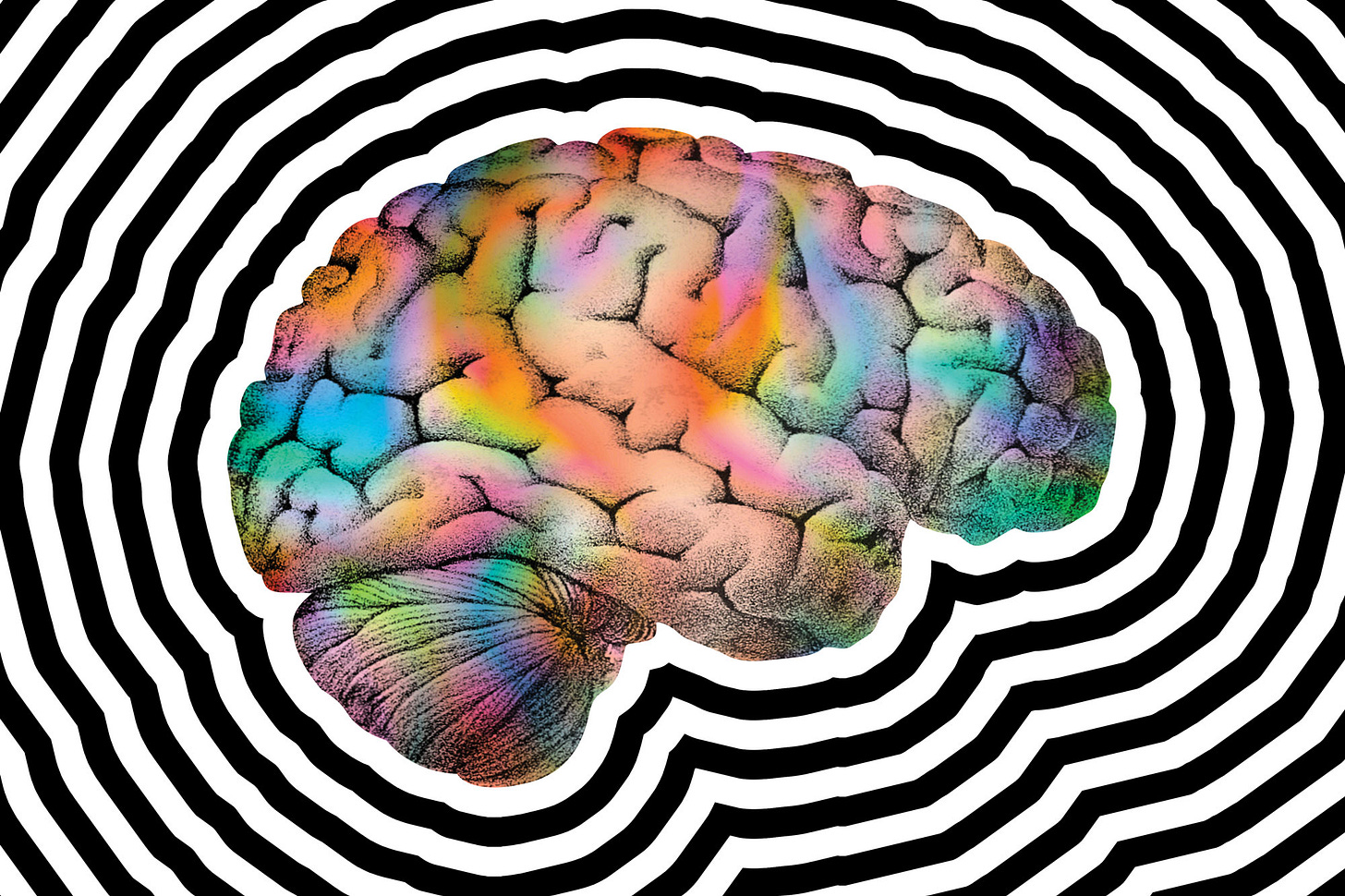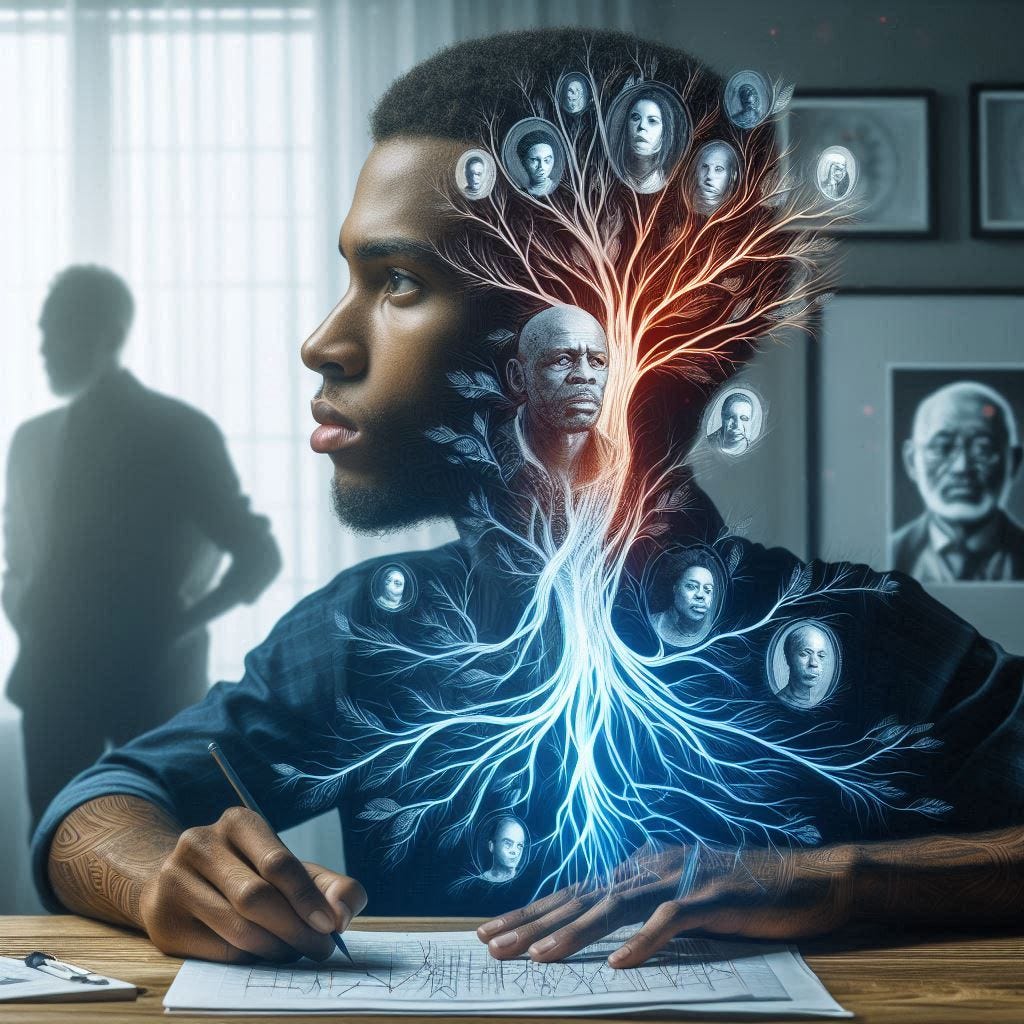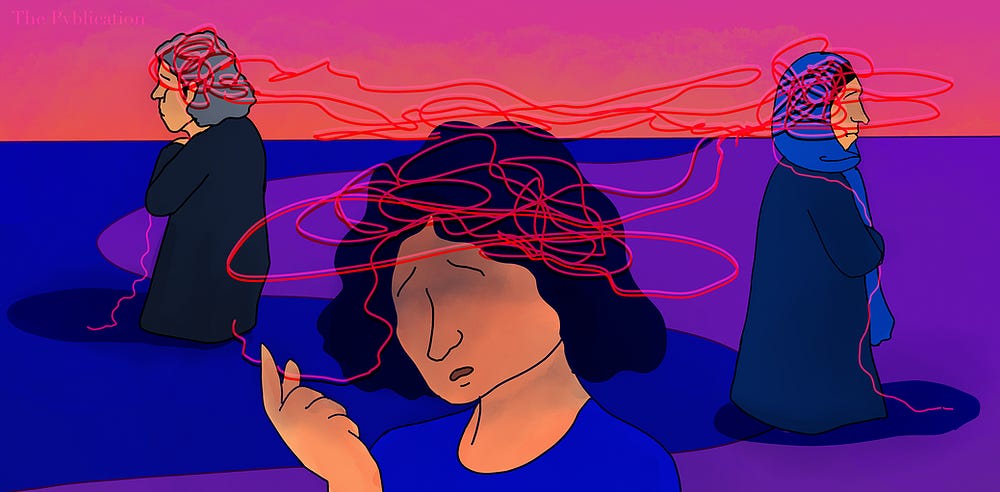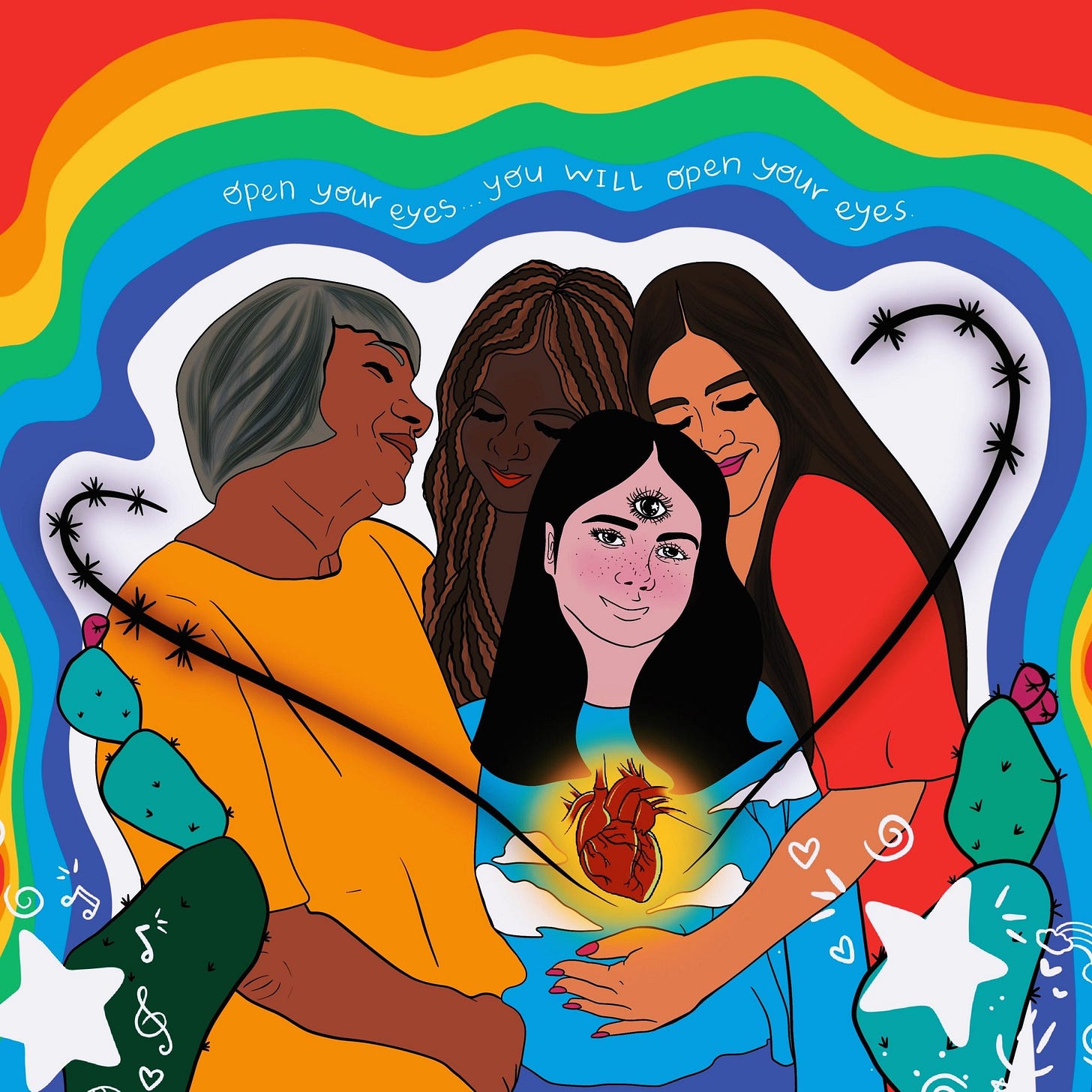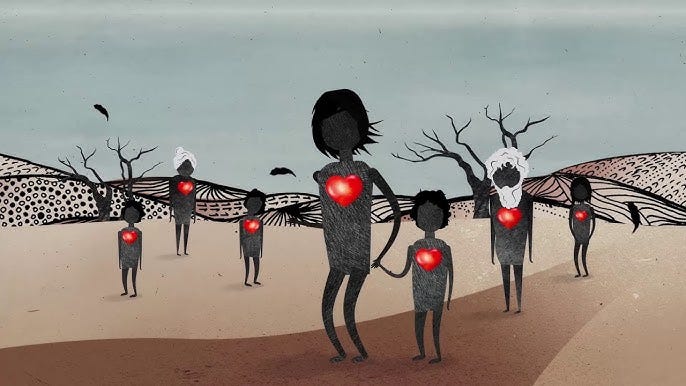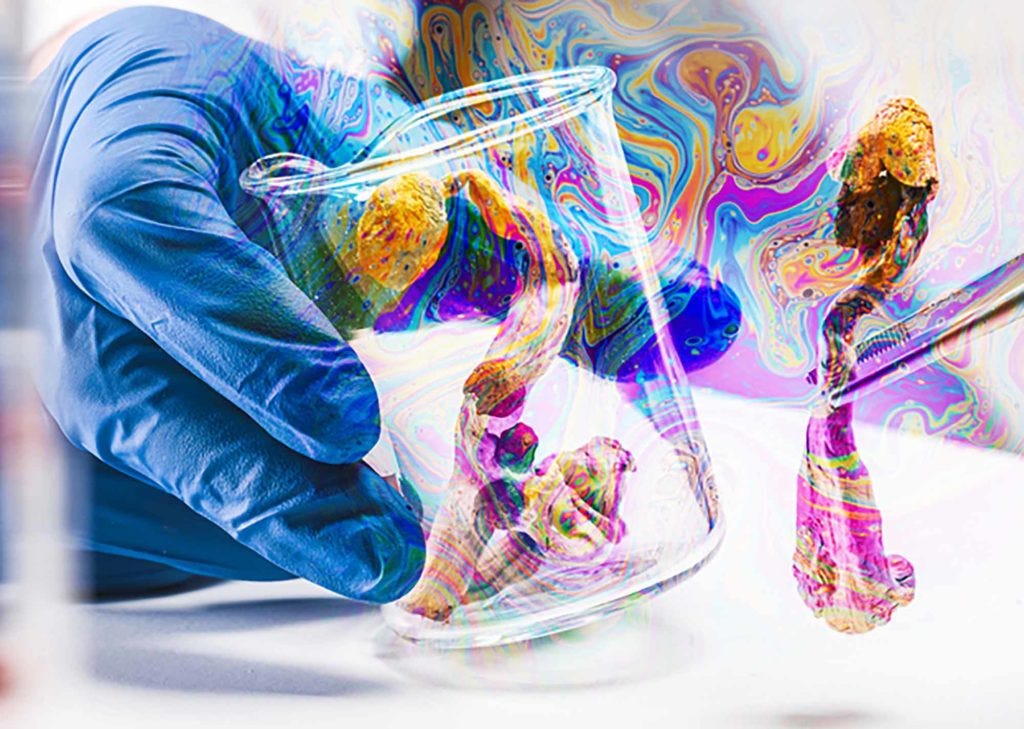Breaking the Cycle: How Psychedelic Medicine is Healing Generational Trauma in Marginalized Communities
Generational trauma—the inherited psychological and emotional wounds passed through lineages—is particularly acute in the Black, Indigenous, and LGBTQ+ communities. Rooted in systemic racism, colonial violence, forced displacement, and identity-based oppression, this trauma has historically been ignored or pathologized. Now, a quiet revolution is emerging through the revival of psychedelic medicine.
Research institutions and grassroots healing movements are turning to psilocybin, MDMA, and other entheogens as potent tools for healing. These substances, long used in Indigenous spiritual ceremonies, are showing promise not only in clinical settings but also in culturally grounded, community-led healing initiatives.
What is Generational Trauma?
Psychologist Dr. Maria Yellow Horse Brave Heart first popularized the term historical trauma, especially in the context of Native American populations. Today, we understand it as a form of trauma transmitted epigenetically and socially—via parenting, silence, fear, and coping behaviors that pass from one generation to the next.
Studies show:
70% of African Americans exhibit symptoms of post-traumatic stress disorder (PTSD), many of which correlate with systemic racial stressors (Comas-Díaz, 2016).
LGBTQ+ youth report rates of PTSD that are 3–4x higher than their heterosexual peers (Hatzenbuehler, 2009).
Indigenous communities in North America suffer suicide rates 2–3x the national average, often traced to unresolved communal grief (Gone et al., 2013).
The Science Behind Psychedelics and Trauma Healing
Substances like MDMA, psilocybin, and ayahuasca interact with serotonin receptors in the brain and stimulate the default mode network, which is often overactive in trauma survivors. By disrupting this loop, psychedelics can create windows of neuroplasticity—allowing reprocessing of painful memories and integration of suppressed emotions.
A 2021 MAPS-sponsored Phase 3 trial of MDMA-assisted therapy showed 67% of participants no longer met the criteria for PTSD after three sessions (Mitchell et al., Nature Medicine).
Psilocybin-assisted therapy has demonstrated 80% success rates in reducing depression and anxiety among patients with treatment-resistant conditions (Griffiths et al., 2016, JAMA Psychiatry).
Psychedelic Healing in the Black Community
The Black community, long underserved and often harmed by Western psychiatric systems, is reclaiming agency in psychedelic spaces. Leaders like Dr. Monnica Williams, a clinical psychologist and MDMA researcher, are vocal about racial trauma:
“Psychedelic medicine must be decolonized. Otherwise, it risks becoming another whitewashed wellness fad.” – Dr. Monnica Williams
Case Study: Fireside Project’s Equity Initiative
A free psychedelic peer-support line, Fireside Project has focused on reaching BIPOC communities.
In 2022, over 30% of callers identified as people of color, many processing ancestral trauma during or after psychedelic experiences.
Indigenous Communities and Sacred Medicines
For Indigenous peoples, psychedelics like peyote and ayahuasca are not drugs—they are sacred. Colonization criminalized these practices, severing spiritual and cultural lifelines.
Case Study: The Native American Church (NAC)
The NAC has legally used peyote in healing ceremonies for over a century.
Members report spiritual visions that help them reconnect with lost ancestors, lands, and identity, offering a path to communal healing beyond Western mental health models.
In the Amazon, Indigenous-led ayahuasca retreats are beginning to re-open, not as wellness destinations for tourists, but as culturally preserved healing rites for intergenerational pain.
LGBTQ+ Psychedelic Healing: A Sacred Space for Identity
For many LGBTQ+ individuals, shame, religious trauma, and identity suppression are core wounds. Psychedelic states often allow reconnection with one’s authentic self, helping to dissolve internalized homophobia or gender dysphoria.
Case Study: Queering Psychedelics Conference
Launched in 2022 by Chacruna Institute, this annual event centers queer and trans experiences with psychedelics.
Speakers highlight how MDMA fosters “radical self-love” and how ayahuasca supports gender euphoria in trans people.
Emerging studies suggest that queer-identifying individuals are more likely to report positive spiritual and psychological effects from psychedelics than their heterosexual peers (Wittmann et al., 2022).
Challenges and Ethical Considerations
While psychedelics are promising, access remains unequal:
Clinical trials often exclude BIPOC and LGBTQ+ people due to historical distrust or lack of outreach.
Intellectual property battles threaten the sacredness of Indigenous plant medicines.
Without ethical frameworks, commercialization risks replicating the same colonial structures that caused generational trauma.
A Decolonized Future of Healing
Healing isn’t only about molecules. It’s about reclaiming ceremony, connection, and community. Psychedelic medicine, when integrated with ancestral wisdom and cultural context, holds the key to not just individual recovery but collective liberation.
References
Mitchell, J. M., et al. (2021). MDMA-assisted therapy for severe PTSD: A randomized, double-blind, placebo-controlled phase 3 study. Nature Medicine. https://doi.org/10.1038/s41591-021-01336-3
Griffiths, R. R., et al. (2016). Psilocybin produces substantial and sustained decreases in depression and anxiety. JAMA Psychiatry. https://doi.org/10.1001/jamapsychiatry.2016.2000
Comas-Díaz, L. (2016). Racial trauma: Theory, research, and healing. American Psychologist.
Gone, J. P., & Hartmann, W. E. (2013). Psychological research as colonial encounter: Shifting the lens on Indigenous communities. American Journal of Community Psychology.
Hatzenbuehler, M. L. (2009). How does sexual minority stigma “get under the skin”? A psychological mediation framework. Psychological Bulletin.


